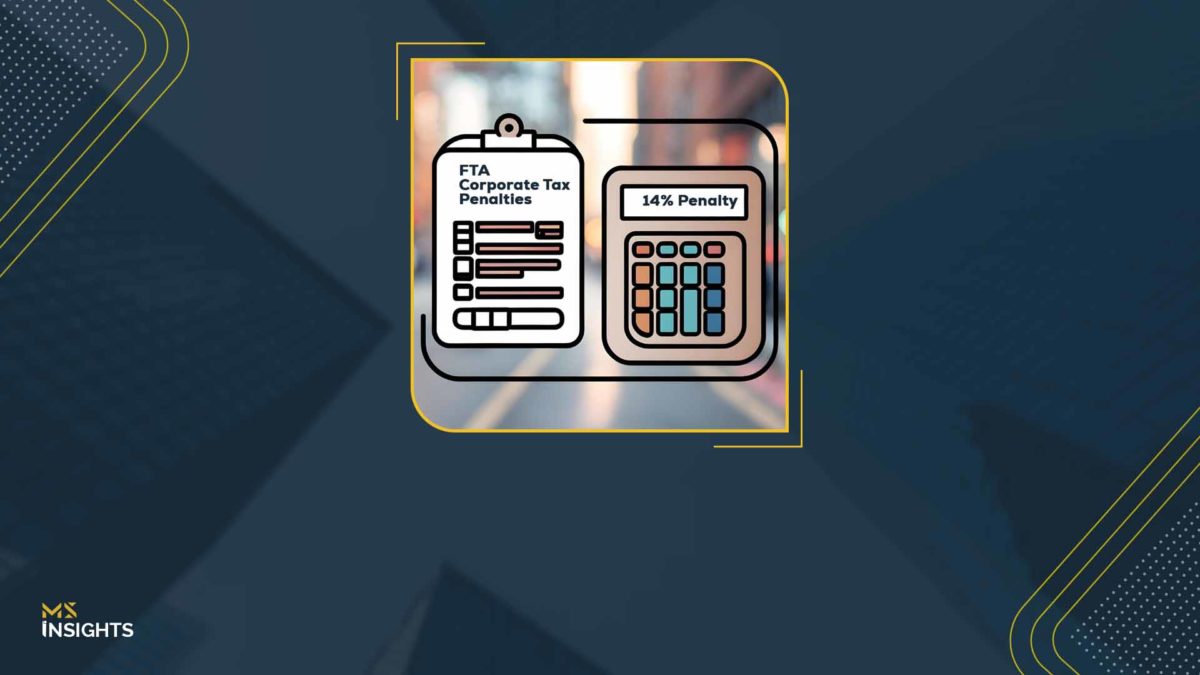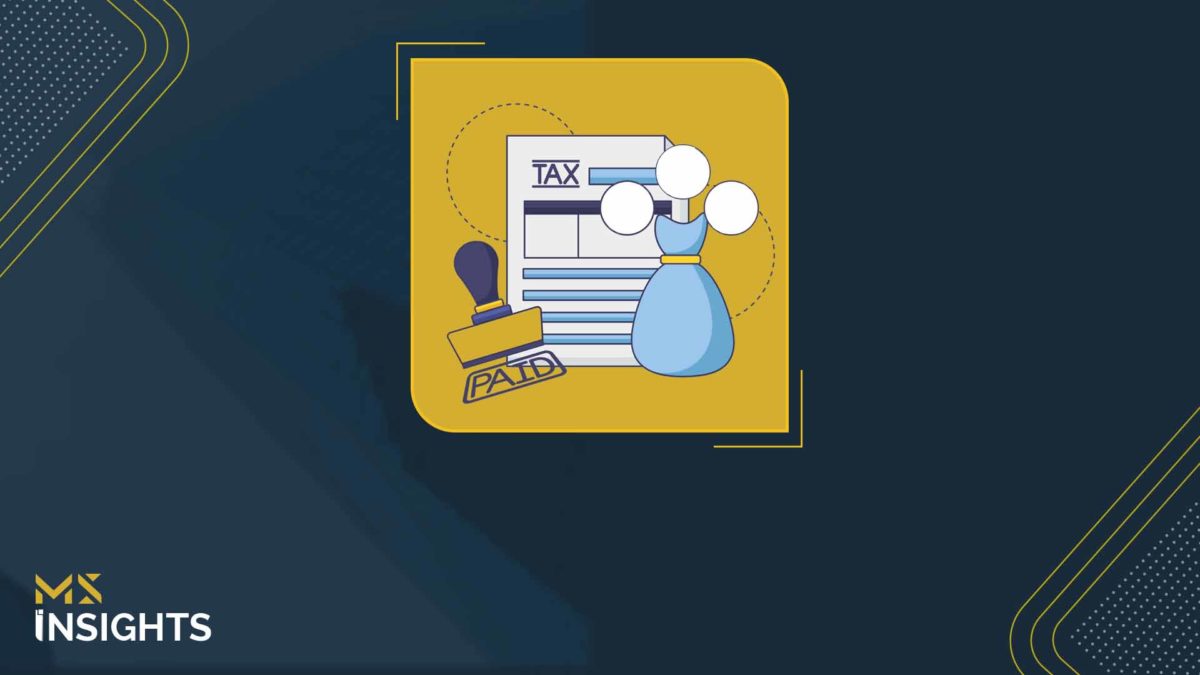In a recent media statement, the Federal Tax Authority (FTA) made it clear that businesses failing to pay corporate tax on time will face significant consequences. Taxpayers who miss the payment deadline will incur a 14% annual penalty, calculated monthly on the unpaid tax amount. The penalty begins accruing the day after the payment deadline and continues to compound on the same date each subsequent month.
Here’s what you need to know about the latest notification on FTA corporate tax penalties.
Understanding the FTA Corporate Tax Penalties: How It Adds Up Over Time?
At first glance, a missed corporate tax payment may seem like a minor oversight, but the penalties associated with late payments can quickly escalate. The FTA corporate tax penalties have a system designed to encourage timely compliance, but for businesses, this means that even a short delay can lead to significant financial consequences.
The penalty is calculated on the unpaid tax amount, starting the day after the payment is due. Each additional month that passes without payment results in the penalty continuing to compound, leading to a growing burden. The longer the delay, the higher the penalty. For businesses already operating with narrow margins or tight budgets, these FTA corporate tax penalties can disrupt cash flow and inflate operating costs.
What might seem like a small, manageable amount at first could quickly snowball into a much larger sum as the interest compounds. For example, if a business misses the deadline by three months, the penalty would be calculated at 14% per annum, but it would be charged on the unpaid tax for each of those three months. This makes timely payments all the more critical to avoid unnecessary financial strain.
Why Compliance Is Essential for Your Business to Avoid FTA Corporate Tax Penalties?
Staying compliant with corporate tax regulations is one of the most effective ways to protect your business. By ensuring that payments are made on time, you avoid the compounding FTA corporate tax penalties and safeguard your financial health. Beyond avoiding penalties, there are several reasons why timely tax payments are essential for businesses:
1. Financial Health
Timely tax payments ensure that your business avoids accumulating avoidable FTA corporate tax penalties. These penalties can quickly grow into substantial amounts, affecting your cash flow and potentially diverting funds from essential operations or growth opportunities. By staying ahead of tax deadlines, you keep your business’s financial health in check.
2. Maintaining a Strong Reputation
Regular compliance with corporate tax regulations reflects positively on your business, showing that you are reliable and responsible. This is important not only for your relationship with the tax authorities but also for investors, clients, and other stakeholders. Trustworthiness and financial stability are key factors that can make or break business relationships.
3. Long-Term Business Sustainability
One of the key benefits of staying compliant is the long-term stability it offers your business. When you manage your tax responsibilities effectively, you avoid the risk of sudden, unexpected costs that can disrupt operations. Moreover, maintaining a good standing with tax authorities and other regulatory bodies helps ensure that your business is positioned for continued success.
The Corporate Tax Payment Deadline: What You Need to Know
The Federal Decree-Law No. 47 of 2022 on Corporate Tax stipulates that corporate tax payments are due no later than nine months after the end of the relevant tax period. Understanding this deadline is crucial, but it’s only part of the picture. To avoid FTA corporate tax penalties, businesses must be proactive in managing their tax obligations. This means keeping track of deadlines, ensuring that the tax returns are filed correctly, and making payments on time.
Don’t Wait to Incur the FTA Corporate Tax Penalties: Act Now to Stay on Top of the Deadlines
Procrastination can be costly when it comes to corporate tax payments. With the FTA’s 14% annual penalty accruing each month, even a brief delay can result in significant financial repercussions. Don’t wait for the FTA corporate tax penalties to pile up—ensure that your business remains compliant by making your corporate tax payments on time.
If you’re unsure about your tax obligations or need help managing your corporate tax affairs, contact MS today. Our experienced team is ready to help you stay on top of your tax responsibilities and avoid any surprises down the road.









